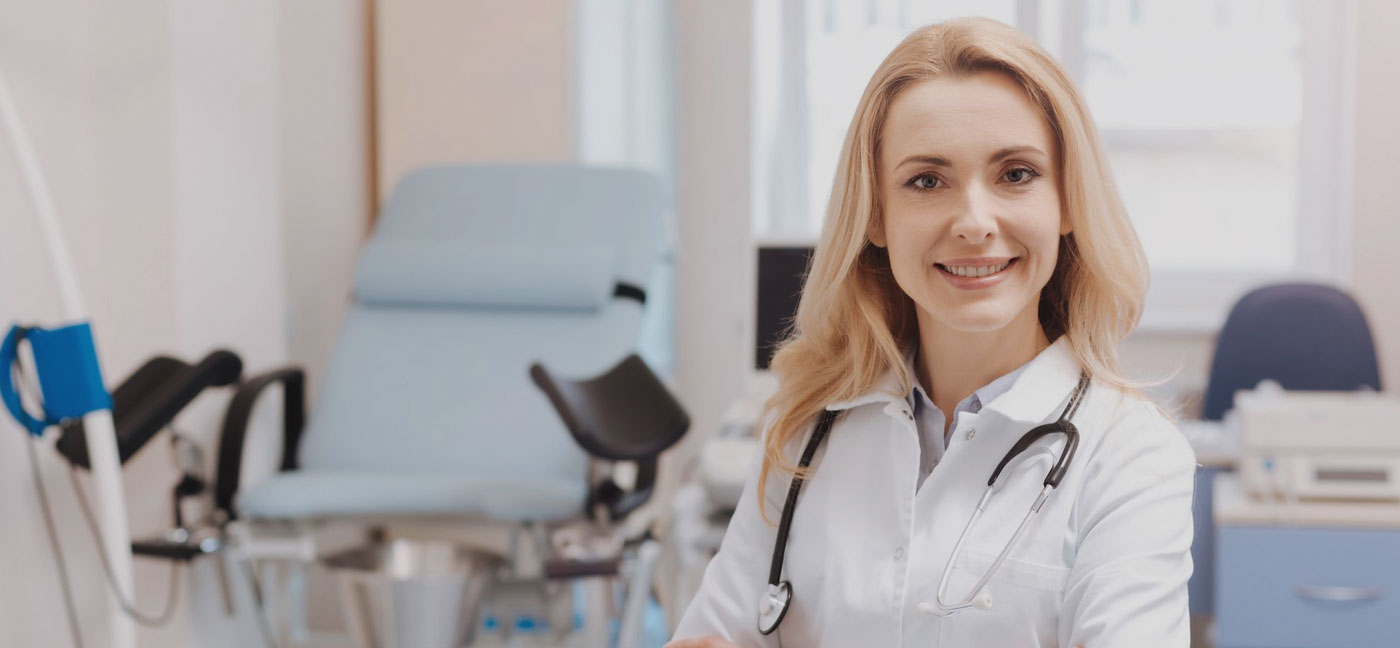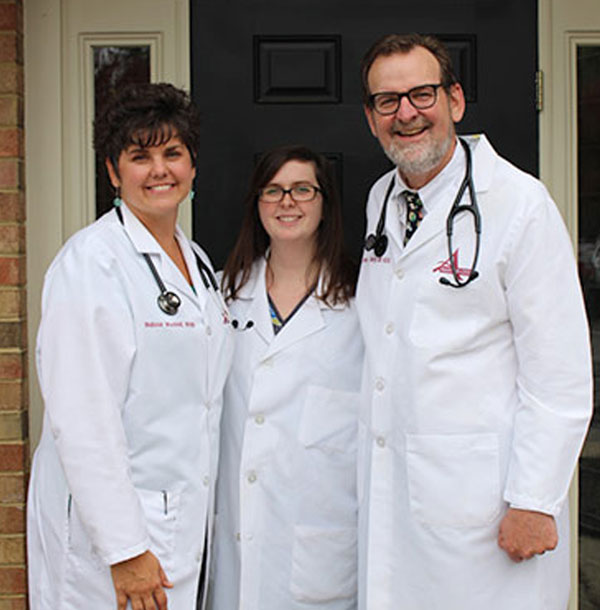What is a cystocele?
A cystocele is a hernia (a bulging or protrusion) of the urinary bladder into the vagina. The bladder may even come down so far that it causes a bulge at the opening of the vagina.
How does it occur?
The most common cause of a cystocele is childbirth. The muscles and ligaments in the pelvis around the vagina, which hold the vagina in place and support it, become stretched and weakened during labor and delivery. The more babies you deliver, the more the support tissues are stretched and weakened. Not everyone who has a baby will develop a cystocele. Some women have very strong supporting muscles and ligaments in the pelvis and may never have a problem. Women who have a Cesarean section delivery usually do not develop a cystocele.
A cystocele may also be caused by a chronic cough or bronchitis, obesity, or doing a lot of heavy lifting. It can also happen when women go through menopause due to the decrease in estrogen.

What are the symptoms?
You may have a cystocele but not have any symptoms. If you do have symptoms, they may include:
- bladder infections
- backache
- feeling of pressure in the vagina
- painful sexual intercourse
- feeling part of the vagina protruding from the vaginal opening
- loss of urine when you cough, sneeze, laugh, lift or during exercise
in severe cases, being unable to control urine at all
How is it diagnosed?
Dr. Hardy or the Nurse Practitioner will ask about your symptoms and do a pelvic exam. You may be asked to bear down and push like you are having a bowel movement so he or she can see how far the bladder protrudes into the vagina. You may also be asked to contract the muscles of your pelvis (like you are stopping the stream in the middle of urinating) to check the strength of your pelvic floor muscles.
You will need to perform an Urodynamic Test which examines the bladder for contractions during filling up and emptying out. This test will also measure the pressure it takes to cause you to leak urine. A urinalysis and urine culture will also be sent to the lab for evaluation.
How is it treated?
Treatment may be surgical or nonsurgical depending on how severe the cystocele is and the symptoms you are having. Possible treatments include:
- Kegel exercises: These are exercises you can do to strengthen the muscles in and around your vagina. They are done by squeezing the pelvic floor muscles.
- Pelvic Floor Rehab: This is a therapy for the pelvic floor muscles that is painless. It consists of 6 sessions that use a computer to show you how to perform Kegel exercises and is followed by an electrostimulation session that causes the pelvic floor muscles to contract and strengthen.
- Pessary: A vaginal pessary (a plastic or rubber ring) is placed in the vagina to push the bladder up and back in place. In some cases, a large tampon or vaginal diaphragm might be used instead of a pessary.
- Surgery: Several different types of surgical procedures may be done to correct the cystocele. The procedure used depends on the type and extent of damage to the pelvic muscles and ligaments. In some cases, a hysterectomy (removal of the uterus) may be recommended to help correct the problem and prevent recurrence.
How can I take care of myself and prevent cystocele?
You can take care of yourself by:
- treating and preventing constipation
- avoiding heavy lifting
- lifting correctly (with your legs and not with your waist or back)
- treating a chronic cough or bronchitis
- not smoking
- avoiding too much weight gain
- doing Kegel exercises, especially after you have a baby.

